In the kaleidoscopic world of Nigerian live music, few names carry the weight and warmth of Godbless Ubiebifayen. The charismatic frontman of the famed Eboni Band has spent almost three decades serenading high-profile audiences, yet behind the spotlight lies a story of grit, heartbreak, and redemption. From a childhood ruled by a stern father in Warri to nights spent sleeping under Lagos bridges in pursuit of a dream, Godbless’s journey is anything but ordinary. In this exclusive encounter with Adedayo Adejobi, he opens up about music, marriage, and the woman who tamed the Casanova in him—proving that true rhythm begins at home
I
t was a sweltering Wednesday afternoon in Lekki Gardens Phase One, Lagos, when I finally pinned down Godbless Ubiebifayen for our interview. The man behind Eboni Band—a Lagos nightlife staple and one of Nigeria’s longest-standing live bands—had just wrapped up rehearsals at his studio tucked behind the bustle of Lekki Phase 1.
The air smelled faintly of amplifiers, stale coffee and the electric pulse of music lived, not just performed. Wearing a simple t-shirt with jeans and loafers, Godbless had the relaxed gait of a man who has nothing left to prove, yet everything to share. “Let’s talk,” he smiled, motioning toward a modest lounge space furnished with a sofa and two mic stands leaning like relics against the wall.
He speaks the way he sings—warm, deliberate, unafraid of pauses.
“Music,” he begins, “was never a decision. It was oxygen.” Born and raised in Warri, Delta State, Godbless likens his childhood to Michael Jackson’s—not in glamour, but in the stifling absence of play.
“My father timed the walk from Kavajina Primary School to our house. If we were even a few minutes late, he’d know. And it meant trouble.” Their afternoons weren’t for football or mischief—they were for markets and multiplication tables.
“My dad bought two stools so we could do our homework at his shop. He ran the house like a barracks. We even called him ‘the General’.”
His mother, on the other hand, was the foil—calm, gentle, with a whip that stung more in gesture than pain.
“Now my children call me General too,” he chuckles, eyes softening. “But I’ve learned. I don’t beat them unless I must. Dialogue is better.” Still, he admits, the discipline shaped him.
“My dad didn’t understand I was just naïve, not rebellious. But in retrospect, I see his intention: structure. And it worked.”
Godbless is frank about his teenage years. “I was a chronic Casanova,” he says with disarming honesty. “Girls lined up outside school competitions where I sang. I was like the 2Face of our time—smooth, confident, and aware of it.”
At Urhobo College in Warri, he became the school’s music ambassador, winning contests with his honeyed voice while his mates rapped alongside. “I knew the gift I carried. Music opened doors—and hearts.”
University was the expected next step, but Godbless detoured. Though his father hoped he would study music at Obafemi Awolowo University, the young man was drawn instead to the Victor Uwaifo School of Music.
“After Grade 8, I planned to continue to Ife. But Lagos called.”
And call it did. He landed in Ikeja with nothing but a demo tape and dreams. For two weeks, he slept beneath the Ojuelegba and Ikeja bridges.
“That’s why Wizkid’s ‘Ojuelegba’ speaks to me. I lived it.”
Eventually, he was spotted at Ark Studios and taken on as a backup vocalist. That led to gigs with music royalty, including a stint with Onyeka Onwenu, followed by five years as lead singer of the famed Sharp Band. Then in 1998, he founded Eboni Band.
Ask him what it takes to keep a live band going for almost three decades and Godbless doesn’t mince words: “It’s a life sentence.”
“People think forming a band is the hard part. No—it’s sustaining it. Managing egos. Rehearsing. Pleasing clients. Keeping the sound fresh. That’s the real work.”
Eboni Band has played nearly every A-list club in Lagos—Suzy Q, Swe Bar, Jazzville, Thistle bar, New Café, Cielo Lounge, the lot—and for prestigious clients. Their sound blends highlife, hip-hop, reggae, R&B, and jazz—but with a distinct Eboni flavour: humour, class, precision.
Godbless’ leadership is the glue. He’s equal parts showman and strategist. a
It’s not hard to imagine Godbless as a preacher. His voice carries the cadence of conviction. “Many of my friends turned pastors. Maybe I will too. I’ve met God, and I’m thankful.” His humility is refreshing in an industry plagued by ego.
When asked about today’s music scene, he offers measured critique. “There’s money, yes. But no identity. Nigerian songs all sound alike. South Africans, even Jamaicans, have a sound. We don’t—except for people like 2Face, Asa and a few notable youngsters.”
He believes in music with substance. And when not on stage, he listens to slow jazz, gospel, or country. “I’m not a clubber. I’m an introvert. This business forces me into the limelight.”
So what’s next? “I’m planning to open a lounge and restaurant in Lekki. A place where people can eat, hear good music, and maybe catch me performing live.”
A fan once gave him two condoms after a show at Thistle Bar, telling him to use them next time they met. “I wasn’t sure if it was for her or my other girls,” he laughs. “But that ended when I married.”
Another night, a white woman proposed on stage mid-performance. “She thought I was miming ‘The Gambler’ by Kenny Rogers. When I sang it again, acapella, she asked if I was what she came to Africa for”, Godbless simply laughed.
“I didn’t take it seriously. But it reminded me how powerful a voice can be.”
As we wrap up, Godbless reclines and stares out at the fading daylight. “If I weren’t doing music,” he says, “I’d be a trader, like my dad. But music is my life. Every time I try other things, it pulls me back.”
He reaches for a bottle of water, takes a sip, and smiles. “A successful band,” he says again, “is a life sentence. But it’s the best kind of imprisonment. Music gave me everything—my wife, my children, my purpose. And I’m still learning. Still singing.”
And with that, Godbless rises and heads back into the studio—where the next verse of his journey waits, humming.



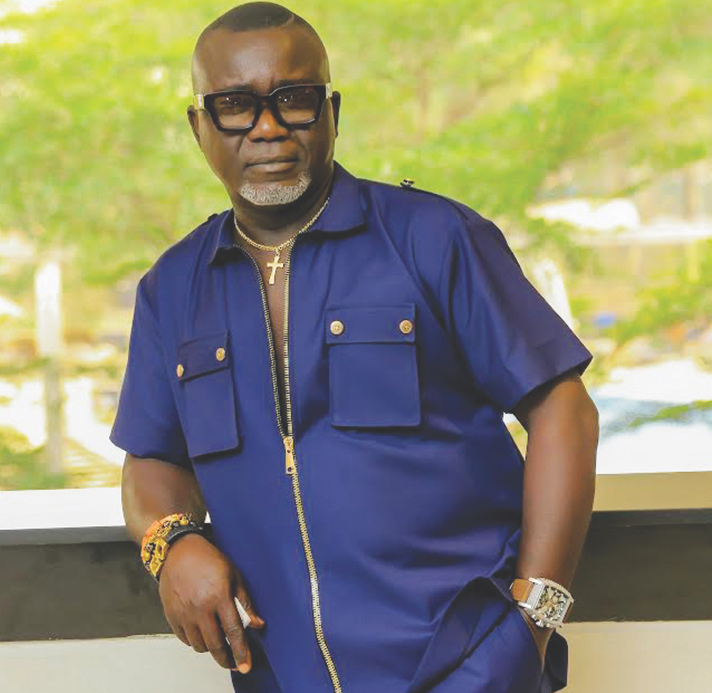

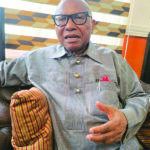
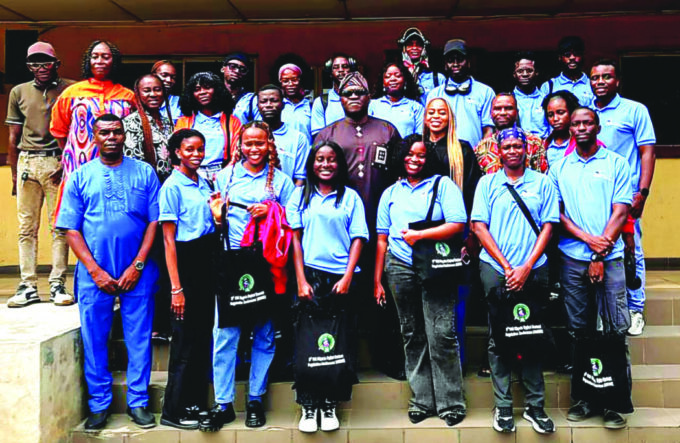

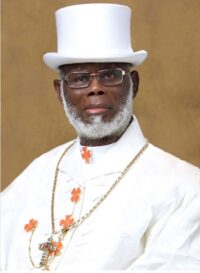

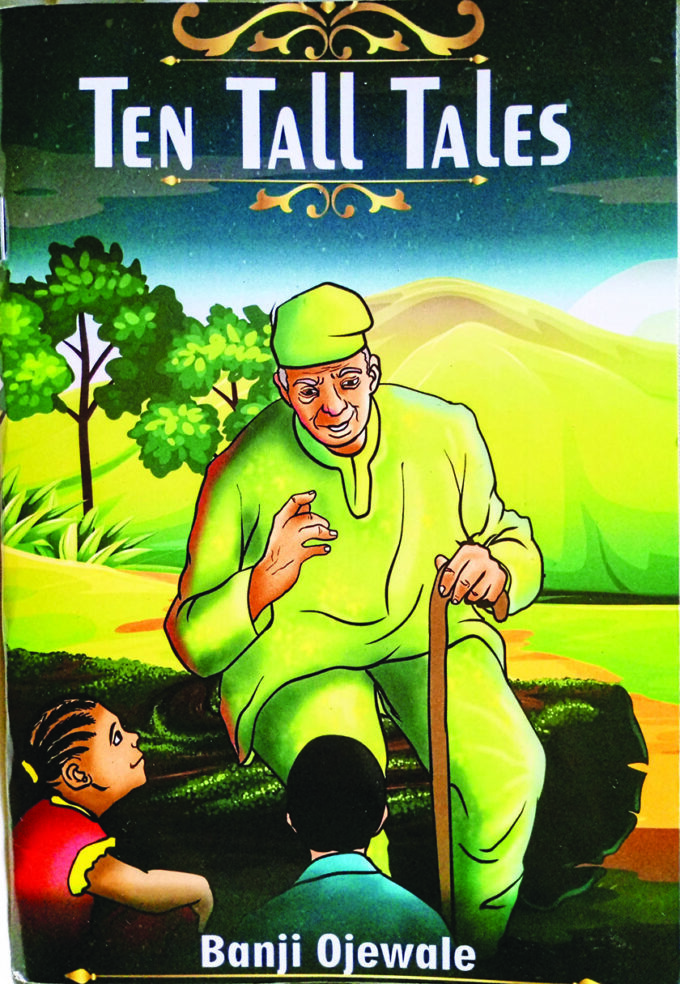







Leave a comment